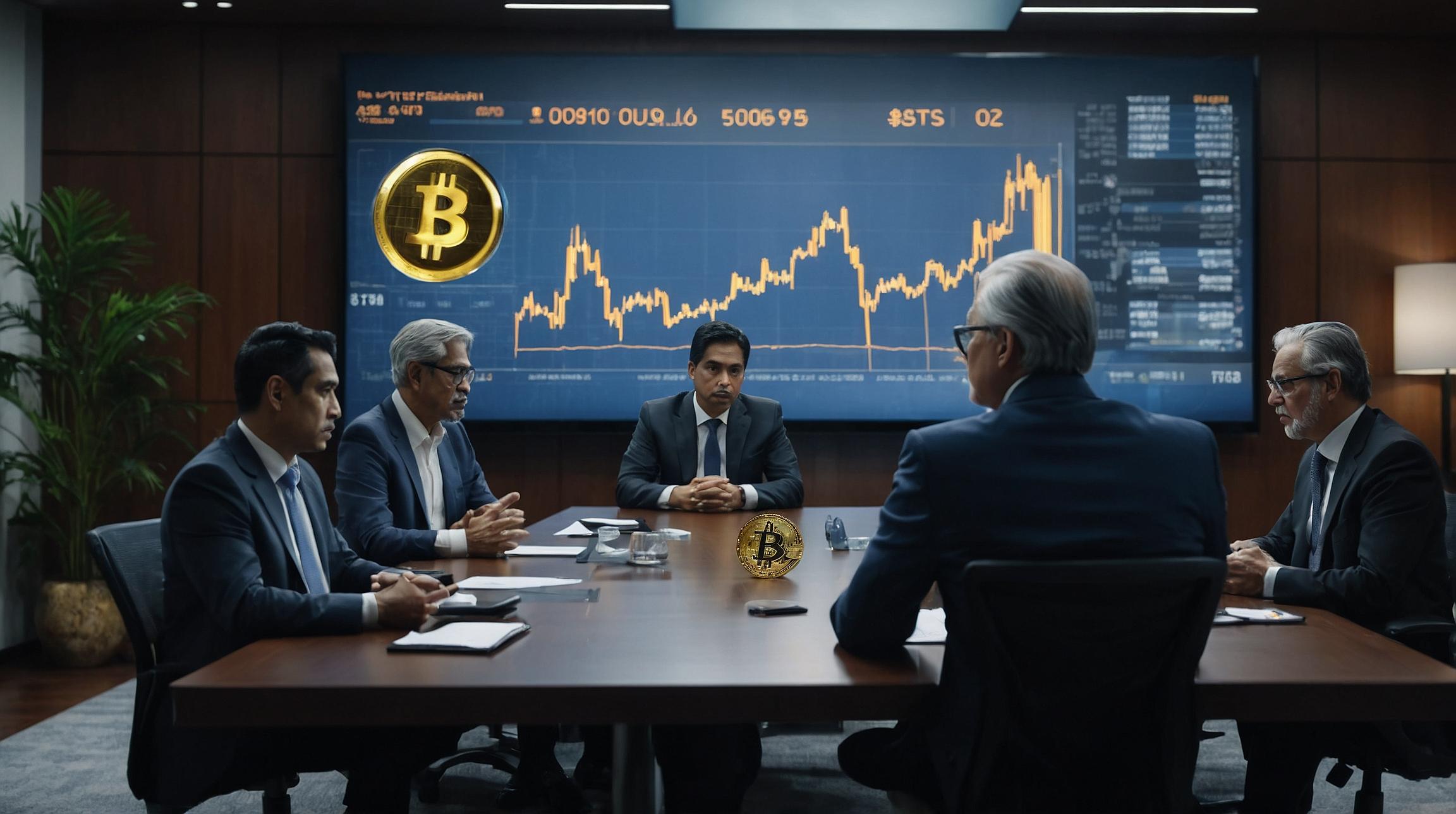Towards a Consensus on Bitcoin Regulation
The International Monetary Fund (IMF) and El Salvador are making progress towards an agreement aimed at addressing risks tied to the use of Bitcoin as legal tender. These discussions, which focus on enhancing public finances and ensuring financial stability, may lead to an IMF-supported program.
The talks between the IMF and Salvadoran officials are centered around policies designed to consolidate the country’s public finances. According to an IMF statement, “Progress has been made in negotiations towards an IMF-supported program, focused on policies to strengthen public finances, increase bank reserves, improve governance and transparency, and mitigate risks associated with Bitcoin.”
The negotiations target several critical areas. Firstly, they aim to improve public finances with an ambitious goal of boosting the primary balance by 3.5% of GDP over three years. Secondly, they seek to strengthen bank reserves to ensure the financial system's stability. Lastly, they intend to enhance governance and transparency, specifically concerning Bitcoin usage.
The IMF acknowledges that potential risks associated with Bitcoin “have not yet materialized.” However, the institution continues to have reservations about Bitcoin's use as legal tender, emphasizing the need for ongoing efforts to “improve transparency and mitigate potential risks.”
El Salvador’s Commitment to Bitcoin
Since adopting Bitcoin as legal tender in 2021 under President Nayib Bukele, El Salvador has been aggressively accumulating the cryptocurrency. Official records indicate that the country currently holds 5,834 bitcoins, valued at approximately $323 million. However, rumors suggest that these reserves might be significantly larger.
Despite the IMF’s warnings, El Salvador remains steadfast in its pro-Bitcoin strategy. The country purchases 1 BTC daily, even during market downturns. The ambitious “Bitcoin City” project, aimed at creating a city entirely dedicated to crypto, continues to symbolize the government’s strong commitment to this technology.
The adoption of Bitcoin among the Salvadoran population is also progressing. In 2023, 12% of Salvadorans reported using Bitcoin for their daily purchases. Although this figure may seem modest, it indicates a growing acceptance of crypto among the citizens.
The views, thoughts, and opinions expressed in this article belong solely to the author and should not be taken as investment advice. Conduct your own research before making any investment decisions.













